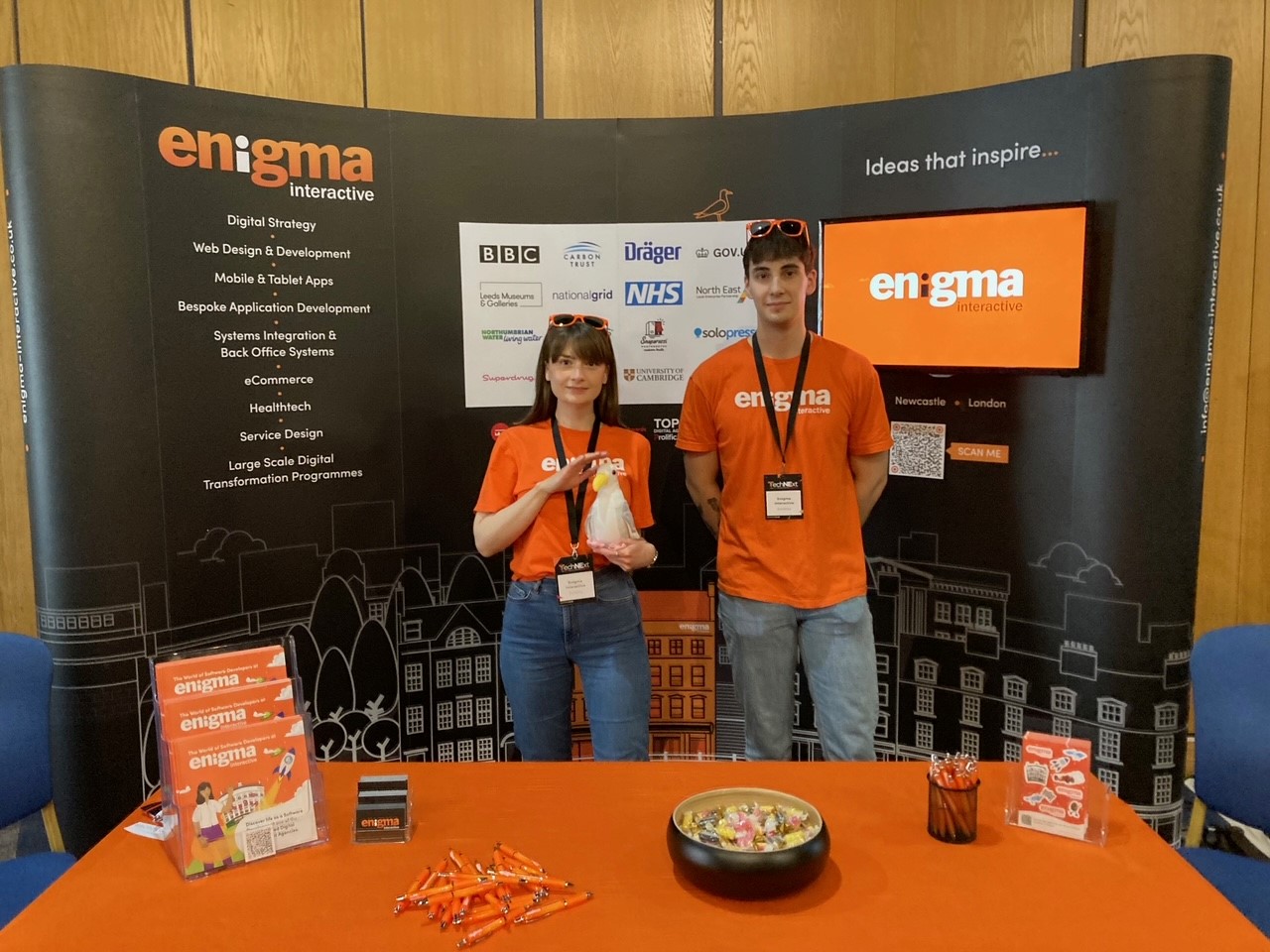Software Developer – Newcastle upon Tyne
Who we are
Neptune North is a newly created Joint Venture between Oliver Wyman, a global leader in management consulting and part of the NYSE listed Marsh McLennan, and Rokos Capital Management (RCM), a global alternative investment fund manager.
We pride ourselves on employing and developing only the very best talent in the North East, ensuring unparalleled quality and expertise in every project we undertake so that we can surpass our clients expectations, solve challenging problems and deliver innovative solutions.
If you’re a great developer and great communicator who loves working on demanding initiatives and solving challenging problems that need to be delivered at pace then Neptune North could be the right place for you.
We do everything from our home in the heart of Newcastle City Centre, where we are building a team of exceptional people and an incredibly intellectually stimulating environment from which to work.
Our Culture
An exciting aspect of joining a newly created business at this stage is the opportunity to be in from the start and help define the culture.
There are things that we won’t compromise on though:
- We are looking for exceptional talent with excellent communication skills
- Collaboration is key, both internally and with our clients. We believe we do our best work when we are together and working hand in hand with business users
- Curiosity is something we embrace and value highly
- We want people who are positive and passionate, have proven problem solving capabilities, can work quickly to find solutions to complex challenges and unlock big opportunities
- People need to be able to take ownership and be trusted to deliver, going the extra mile when needed
- We want people who are highly motivated and have a high desire to learn
Responsibilities
- Ownership of technical products and projects – our developers actively engage with a wide range of business functions to leverage their knowledge and exposure
- Exercising judgement and acumen to understand the true business need beyond the stated requirements
- Challenging current systems and processes to achieve common goals through technical excellence and innovation
- Keeping abreast of industry and technology trends that will keep us at the forefront of what is possible
- Having impact from day one – we empower and trust our developers to leverage their skillsets
What makes a great candidate
- Excellent programming and technology skills, including an in-depth understanding of and recent programming experience in C#/.Net or other object orientated languages such as Java or Python
- Experience working with SQL databases
- Azure or AWS experience
- A strong enthusiasm for programming and technology and an appetite to work in a dynamic and integrated team
- An entrepreneurial nature, willing to take ownership and run towards problems and someone who thrives on innovation
- The ability to own all aspects of development projects from start to finish
- A desire to understand and solve business problems, build domain knowledge and increase market understanding
- The ability to communicate clearly and professionally with our clients as well as team members
- Financial Services experience a bonus, but is not essential
- A minimum 2.1 degree obtained in Computer Science, or a related field, ideally from a Russell Group University
Why join us?
- You can have an impact from day one – we empower and trust our developers to leverage their skillsets
- Work on a wide variety of projects alongside exceptionally talented people, often closely correlated to world events and trends
- Deliver demonstrable business value working hand-in-hand with the customer
- Learn from industry experts on how financial markets and world economies work
- Ownership of technical products and projects – our developers actively engage with a wide range of business functions to leverage their knowledge and exposure
- Exercising judgement and acumen to understand the true business need beyond the stated requirements
- Challenging current systems and processes to achieve common goals through technical excellence and innovation
Interview Process

- Coding Challenge – We would like to get a better sense of your programming potential. You will be sent some questions hosted by Codility to be completed at a time that suits you.
- Aptitude Test – You will complete a speed-driven aptitude assessment.
- Management Interviews – You will meet with members of our Technology Management Team. These will be a combination of technical questions and an assessment of team and cultural fit.
- Team Technical Interview – As a final step you will meet 1-2 other team members for a technical interview.
At Neptune North we are committed to cultivating a work environment that embraces diversity, equity and inclusion at its core. We believe that our people’s diverse backgrounds, perspectives, and experiences will help us to attract, develop, and retain top talent.
We will not discriminate against any individual on the basis of their gender, age, race/ethnicity, identification as an LGTBQIA+ individual, religion, or disability (or any other characteristic protected by relevant local law).



